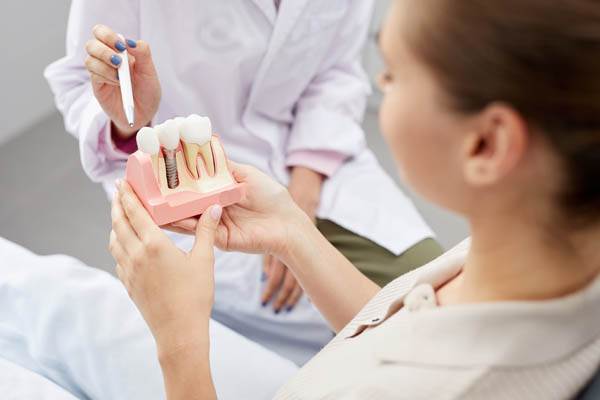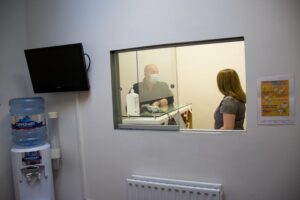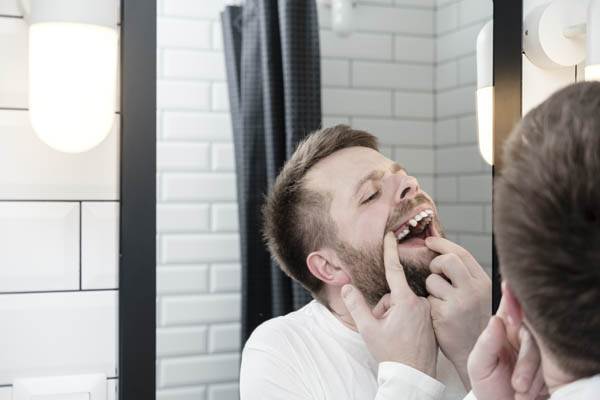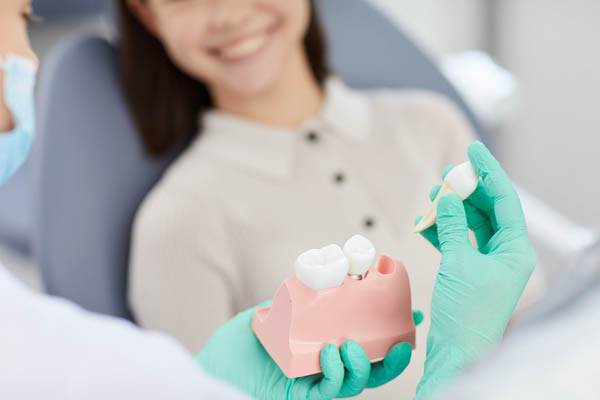Dental Implant Restoration
Whether you have a single missing tooth or multiple missing teeth, dental implants can help you achieve a beautiful, perfectly functional smile.
What is a dental implant?
Missing teeth are a major social deterrent for people regularly in the public eye. It can contribute to low confidence and low self-esteem, preventing someone from speaking up or even smiling. Dental implants are a treatment option to replace missing teeth permanently in the mouth. With conventional dentures, patients often complain of ill-fitting dentures, gum soreness, and chewing problems. But with dental implants, you can finally get the look and feel of your natural teeth back.
Parts of a dental implant restoration
Implant: The implant or "the root "resembles a screw-like structure placed inside the jawbone and is typically made of titanium. The implant merges with the bone over time and is the reason for firm anchorage in the mouth.
Abutment: The abutment is a structure that is placed on top of the implant screw. It supports the actual crown or false tooth that you see in the mouth.
Crown/Restoration: The crown is the false tooth that sits atop the dental implant. We can place two types of dental crowns on the implant- screw-retained or cemented. As the name suggests, screw-retained crowns are fixed on the implant with a screw attachment, whereas cemented crowns are set with a strong cement. Screw retained crowns are easier to repair if the crown becomes damaged at some time.
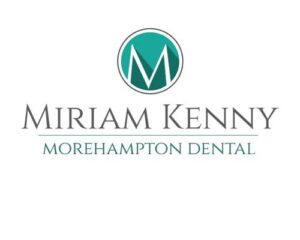

Typically, anybody who can get a dental extraction or surgery is fit to get a dental implant. However, some criteria need to be met before a person can get implant restorations. One, the person should have healthy gums, free of disease. Second, there should be a sufficient amount of bone in the area where the implant has to be placed. If a good amount of bone is not present, the implant cannot be fixed. Third, the person should be ready for frequent dental visits for the maintenance of good oral hygiene.
Patients with severe medical conditions like heart diseases, uncontrolled diabetes, liver or kidney problems, and those undergoing radiation therapy for cancer treatment need to be carefully assessed and cleared by their medical practitioners for dental implant placement. Heavy smokers and Individuals on anti-coagulants also need to be approved on a case-by-case basis as the procedure carries some risks for them. Those with poor oral hygiene are not suitable for dental implants, as there is a higher risk of implant failure or implant infection-called peri-implantitis.
Pros:
- Perfect fit
- More natural-looking
- Long-lasting & Durable
- Very comfortable
- Better speech and phonation than bridges or dentures
- Easy to eat food with
- Easy to maintain oral hygiene
- Prevent bone loss
- Do not require trimming of adjacent teeth
Cons:
- Costlier than dental bridges or dentures
- Involves a surgical procedure
Post implant placement, proper care needs to be taken. You must maintain good oral hygiene and visit the dental clinic every six months for a thorough cleaning and check-up. At home, the implant needs to be brushed and flossed twice a day. You can use a Waterpik (water flosser) or an electric toothbrush with soft bristles to make things easier for you.
Happy Patients
We always strive to ensure that all our patients leave us smiling
April 11, 2019
Miriam Kenny truly is an exceptional dentist. Passionate about her work, honest in her assessment and faultless during procedure. Miriam goes above and beyond to ensure a smooth experience for all patients. The whole team are fantastic and I would highly recommend this practice.
September 28, 2018
Dental implant restoration
Why Do We Need Dental Implants?
Not only do missing teeth act as social deterrents, they also lead to functional problems.. A person’s chewing and eating abilities are affected by missing teeth. Improper eating habits in turn, may impact their general health, because of insufficient nutrition going into their body. A person’s speech may also be hampered since the teeth play a vital role in the pronunciation of sounds. Individuals may suffer from an inability to pronounce certain words. Restoring a missing tooth with a dental implant restoration not only improves one’s appearance, but also their health, and emotional well-being.
- Need Assistance?
Practice Plan

How Much do Dental Implants cost?
At Miriam Kenny Morehampton Dental Practice we aim to provide state of the art, quality affordable dental treatment to all.
It was with this in mind that we created our affordable dental plans, which helps us to keep your teeth, gums and oral health in tip-top shape.
With our Practice Plan, you will attend every 6 months with the hygienist and once yearly for your dental examination and have no fees to pay at these visits. The cost of these visits is covered by your monthly subscription – this is as low as €14.50 or €21, depending on whether you qualify for the “PRSI” benefit.
Miriam Kenny Morehampton Dental Practice
Your Trusted Dental Clinic
- About Us
- COVID-19 Prepared
- Why Choose Us
Our practice is based on providing a high standard of modern dentistry in a friendly, professional manner. It is our mission to help our patients maintain their teeth and a healthy mouth for their lifetime.
Our entire team is committed to this ideal. As a result, a high percentage of our business is from returning patients and referrals of their family and friends. We welcome and are grateful for these referrals.
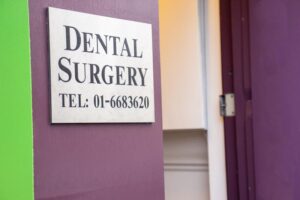
With the current Covid-19 pandemic we are paying particular attention to our normal cross-infection practices, but in addition, we are keeping the practice well ventilated (it may feel cold) and we use a special Fogging machine with Hypochlorous acid (HOCL) which is an all-natural antimicrobial agent made from salt and water by an electrolysis unit. Fogging of each surgery is carried out between patients after any treatment involving an aerosol.
To reduce aerosol production during procedures with the dentist we most often use a little device called a rubber dam —.50 this isolates the immediate teeth we are working with & protects the back of mouth. During hygienist treatment we are using an extra suction device outside of the mouth, this also reduces aerosol production.

The practice is owned & directed by Miriam Kenny and as the business owner and the principal healthcare professional, I am primarily interested in providing evidence-based dental healthcare. This means my priority is to help my dental patients to maintain their own natural teeth in a healthy mouth for their lifetime.
We can help improve your smile – we offer a range of options depending on what is most appropriate for you, from tooth whitening to composite bonding to ceramic veneers, crowns and bridges.
Other Treatments you may consider
There are numerous treatment options available for restoring a missing tooth. Each treatment has its pros and cons. Let’s look at some of them in detail
Permanent option for missing teeth. Implants are fixed into the bone, like natural teeth. After that, a dental crown is placed onto the implant to ensure your teeth look and comfort.

